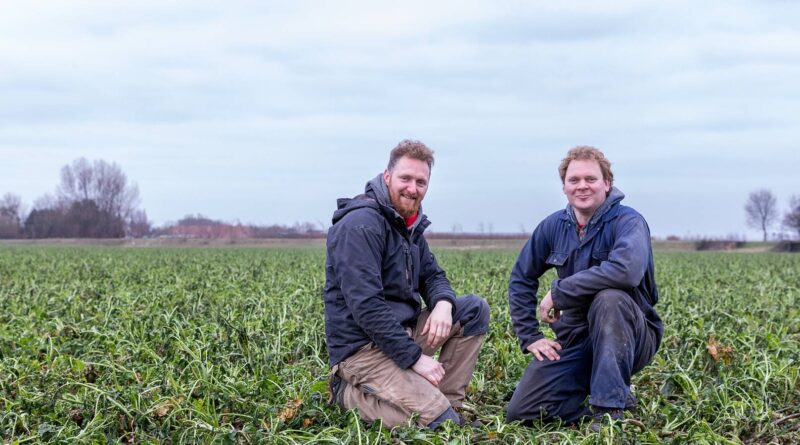Lely and ZLTO start pilot for CO2 sequestration in Dutch soil
Lely and ZLTO’s pilot project focused on CO2 sequestration in Dutch soil. Three farmers have officially entered into a cooperation agreement and committed to participating in this project for a duration of seven years. The primary objective of this pilot initiative is to encourage the sequestration of CO2 in the soil, promoting sustainability within the farming community. Lely is actively contributing to the pursuit of a more sustainable future for the agricultural sector, with the ultimate goal of reducing the environmental impact of farming practices. On carbon sequestration Lely collaborates, among others, with ZLTO.
Lower environmental impact of the agricultural sector
Through this pilot program, Lely and ZLTO aim to encourage Dutch farmers to also focus on carbon sequestration in the soil. Furthermore, the pilot seeks to explore the potential scalability of this model for the global agricultural sector. Carbon sequestration, commonly referred to as carbon farming, offers notable benefits to the soil. It enhances the organic matter content, fostering greater diversity in soil life and improving the soil’s ability to retain moisture. Participating farmers are eligible for financial compensation from Lely based on the quantity of CO2 captured. This financial incentive empowers dairy farmers to implement sustainable practices on their farms.
“The pilot with ZLTO is a new step towards our ambition to support and facilitate dairy farming to become more sustainable. In addition to this project with ZLTO, Lely is exploring with Valuta voor Veen the possibilities for a pilot for CO2 sequestration in peatlands. Ultimately, we strive for a sustainable dairy farm, with a lower environmental impact, to contribute to a future-proof model for the agricultural sector.” – Tanja Roeleveld, Head of Sustainability at Lely.
CO2 storage in sand, loess and clay soils
The pilot with ZLTO focused on sand, loess and clay soils. ZLTO made a specific plan for each farmer per plot with the management adjustments to be taken. ZLTO commissions a baseline soil carbon measurement and then checks every year whether farmers have implemented the agreed measures. In seven years, the final measurement will take place and the pilot project will be completed. “Farmers are directly reducing CO2 in the atmosphere through carbon sequestration in their soils. The whole world is looking for new ways to sequester carbon but forgetting the power of local agricultural soils. From ZLTO, we connect companies and farmers, to sequester carbon locally to make a concrete contribution to this major societal challenge.” – Kathleen Goense, general director ZLTO.

